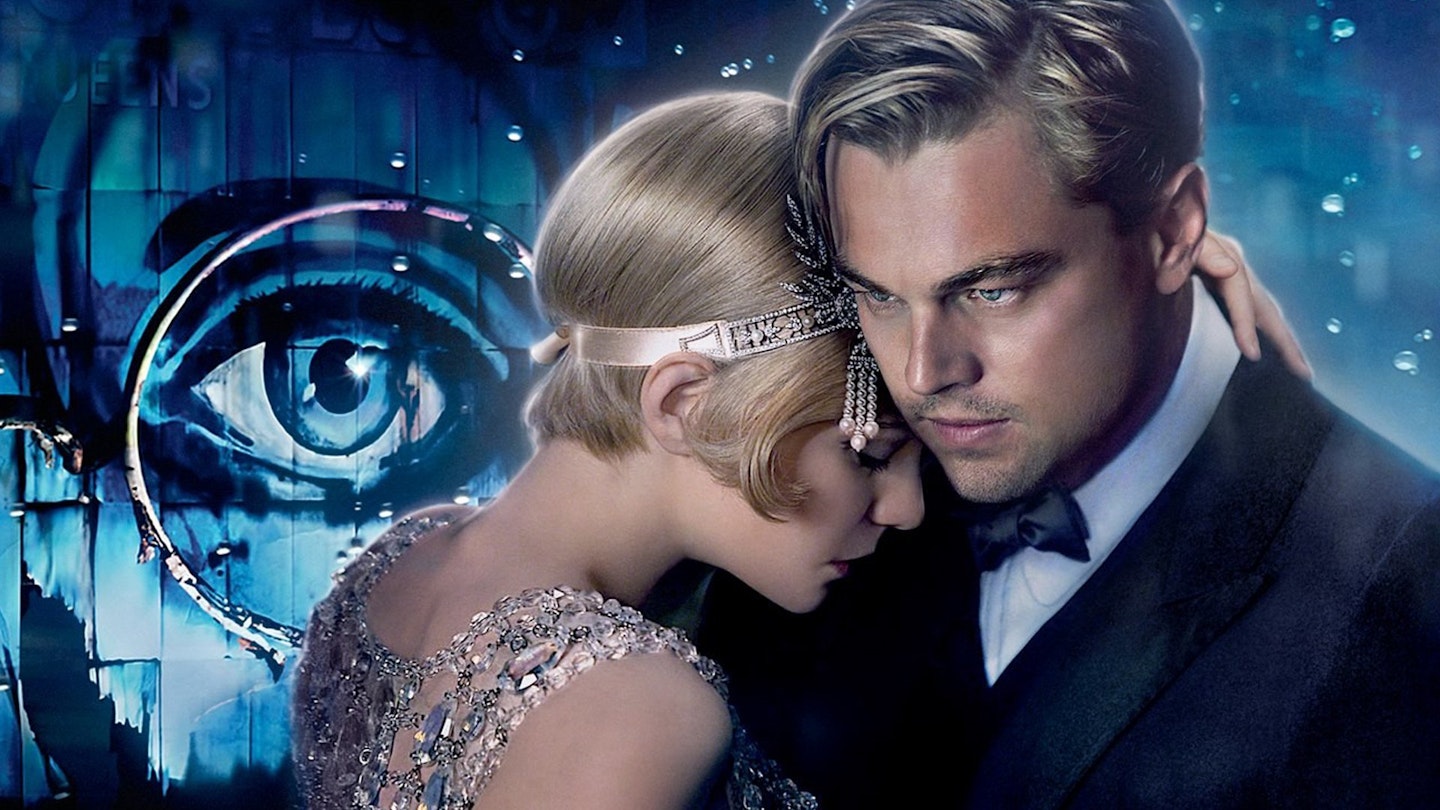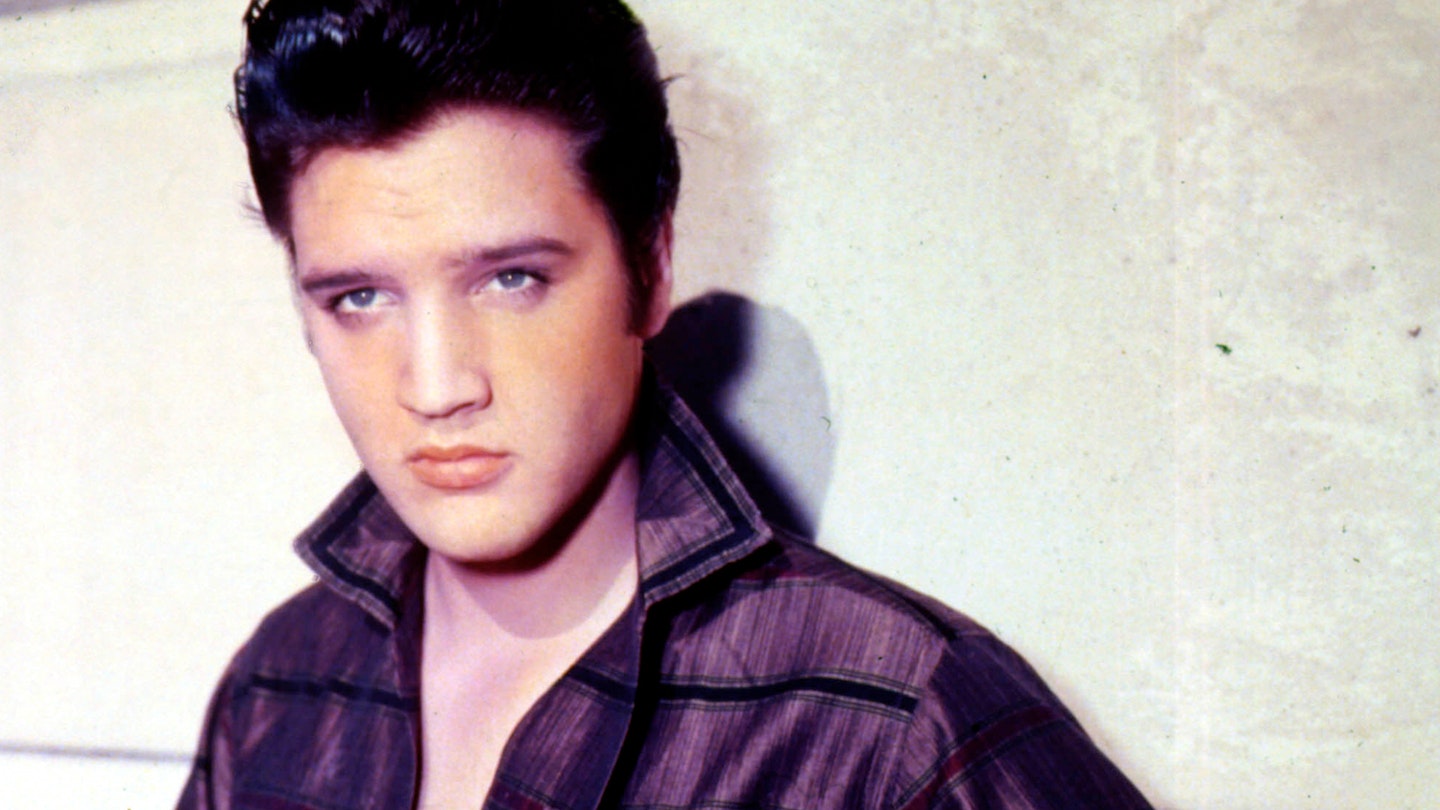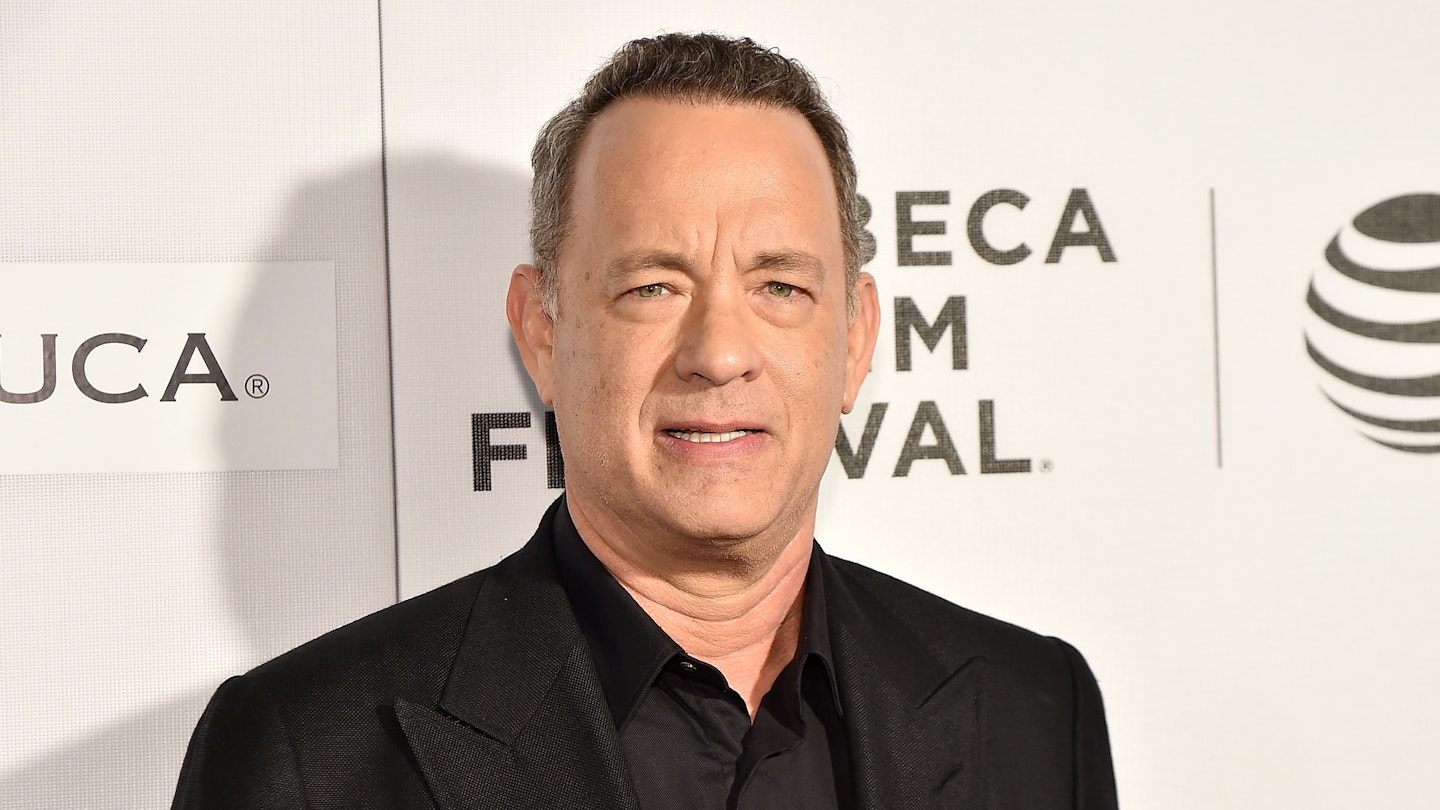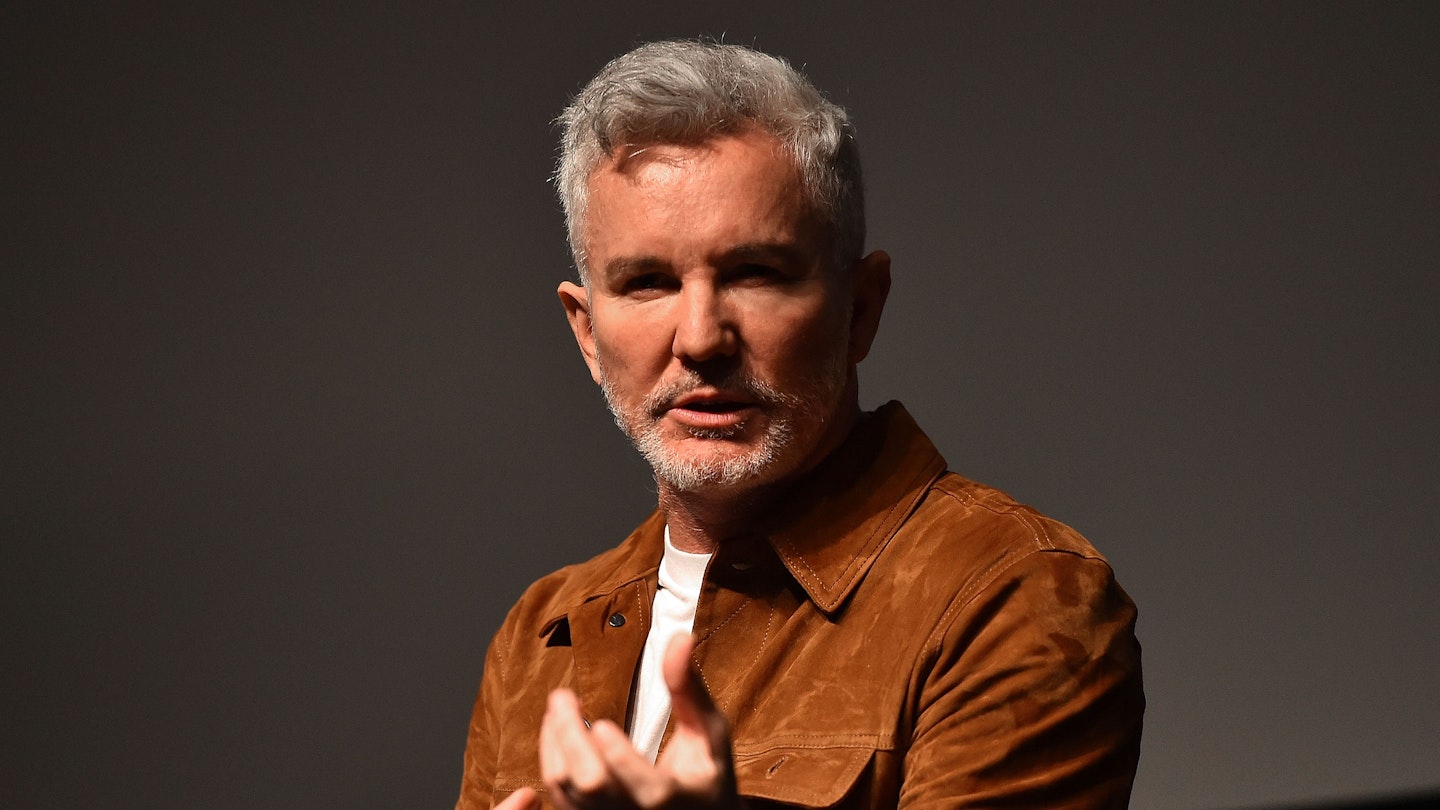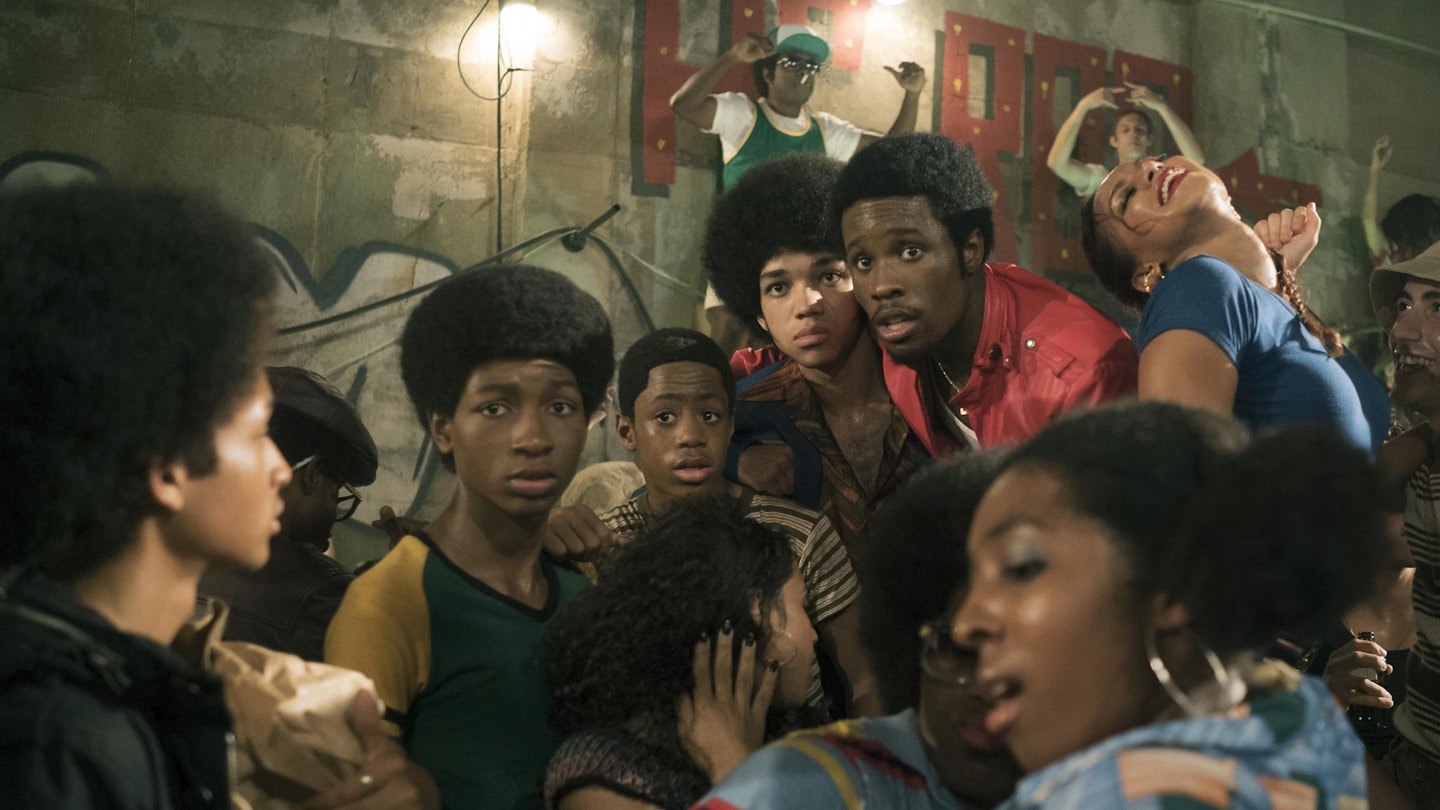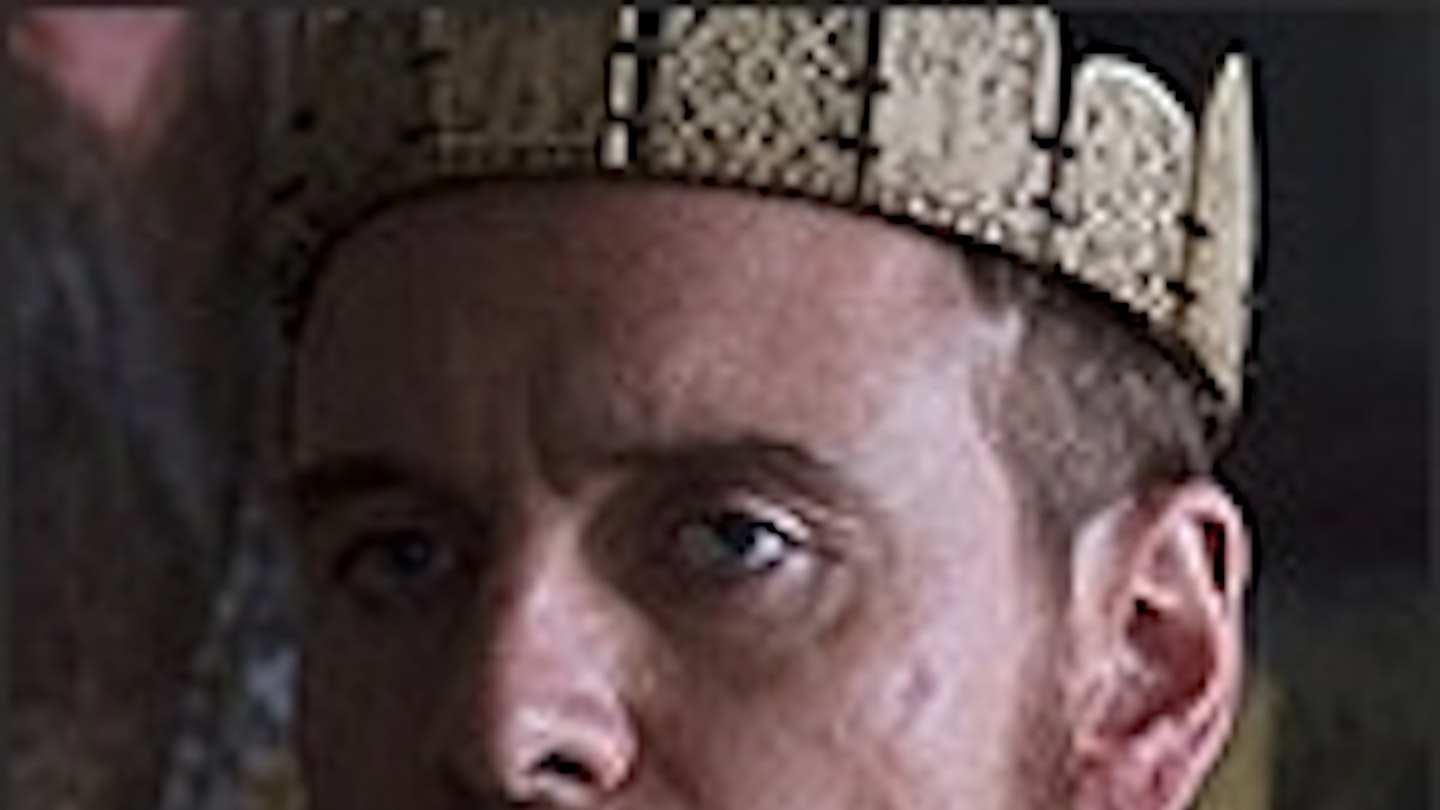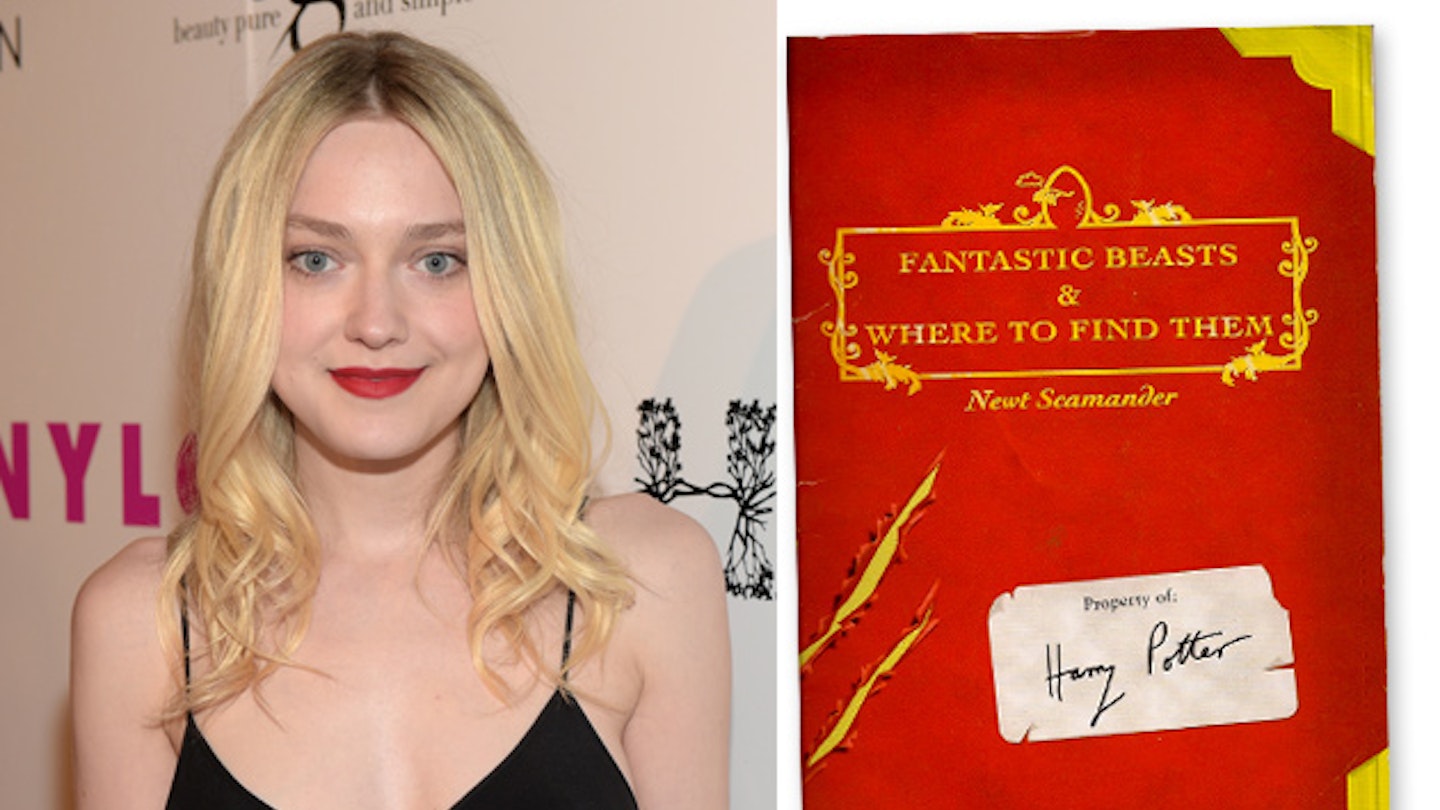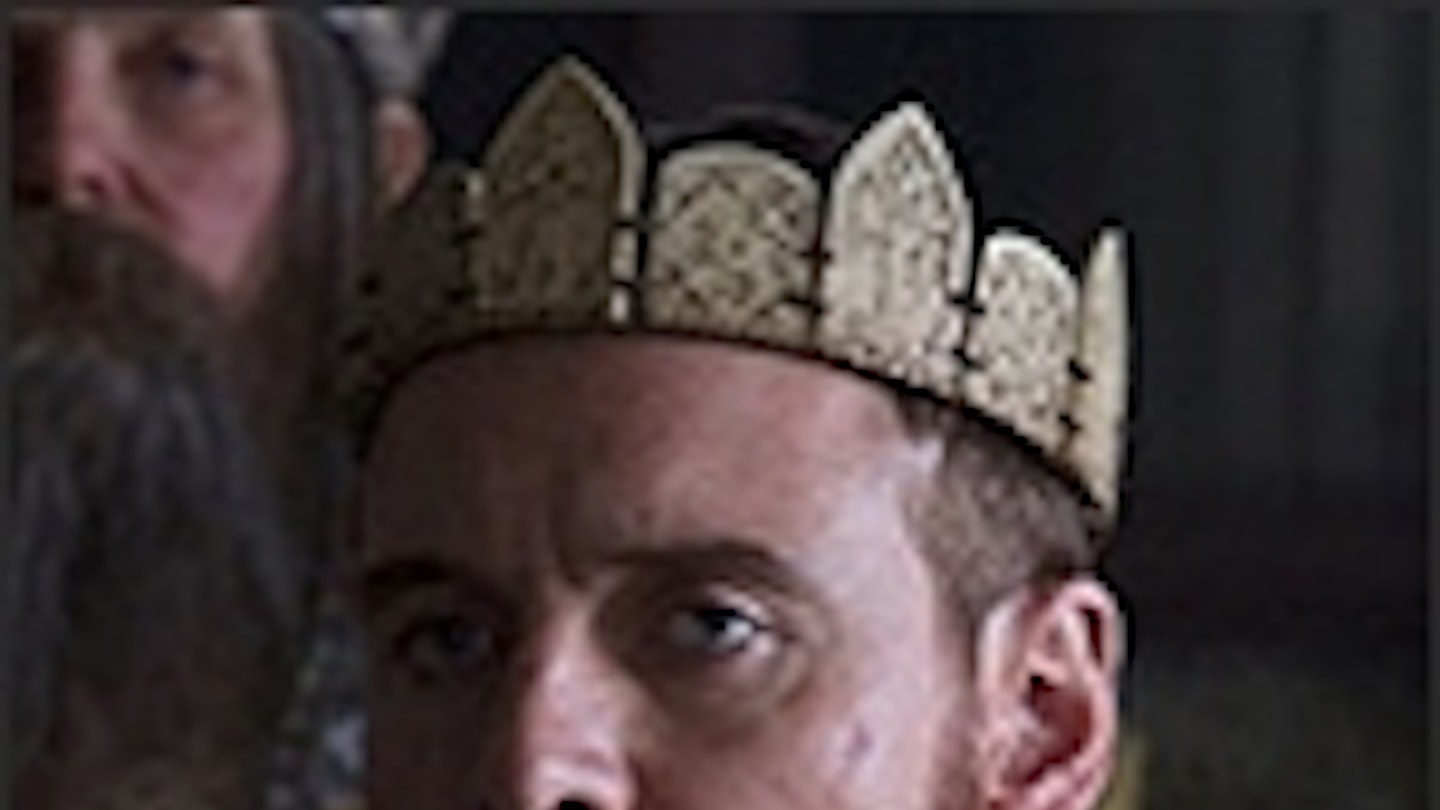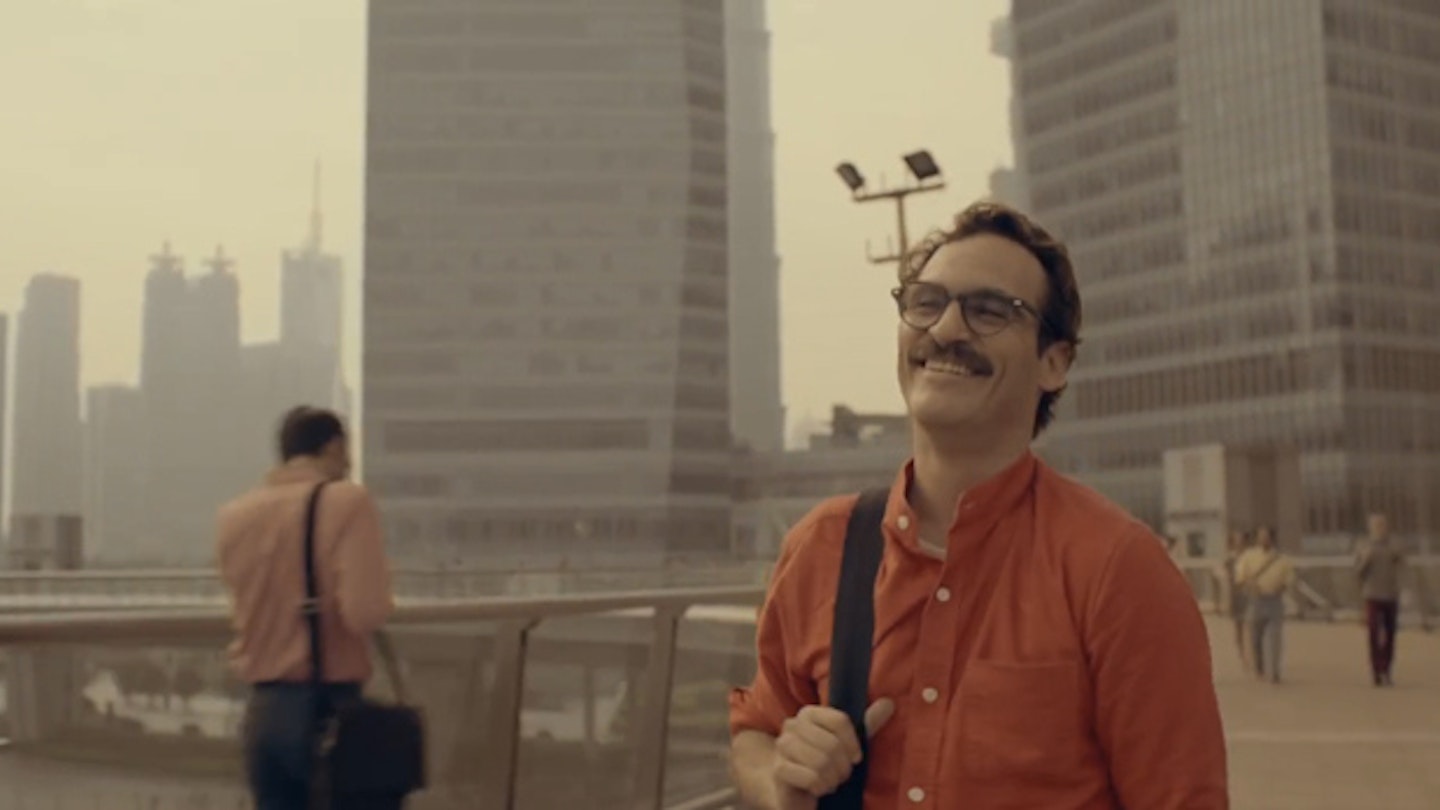While no stranger to the high life, or the bottom of a Martini glass, it is unlikely F. Scott Fitzgerald ever imagined his fabled Jazz Age spiked with a triple shot of CG, 3D and Jay-Z. First published in 1925 and widely considered the Great American Novel (by Great Americans) there is a mystique about Fitzgerald’s The Great Gatsby that has proved unattainable to filmmakers. Four previous attempts have fallen short of the book’s eerie projections of an America succumbing to the drug of money. Gatsby is as big a player in American literature as Moby Dick. He’s a metaphor for aspiration, greed, hope and the frailty of memory. He is America itself. Baz Luhrmann, despoiler of arch reputations, purveyor of state-of-the-art hysteria, cuts straight to the surface of the story.
To be fair, the book is set in an altered state — a fictional, fractured Long Island rechristened ‘The Egg’. Gatsby lives in a vast, gothic mansion in West Egg, haven of the nouveau riche across the languid bay from East Egg, home to old money and Daisy Buchanan, his lost love, the dream to which he clings like a life raft. He hosts parties like madhouses, the toast of Manhattan spilling across his many lawns, in the hope she might drop by. Into his delusional paradise drifts Nick Carraway: writer, narrator, stockbroker and, crucially, cousin to the elusive Daisy. Is he the key to Gatsby finally pulling Daisy back into the orbit of his dying sun?
If there’s an actor who can pull off a candyfloss pink suit it is Leonardo DiCaprio. With a blush of Romeo’s boyishness still on his cheeks, he resembles a crosspollination of Orson Welles and a Roman god, dressed and preened and ready to unravel. Luhrmann gives Gatsby an entrance and a half. It’s the moment of the movie — literal fireworks. Whether by special effect, or good lighting, DiCaprio glows.
He also seems to have a better grasp of the material than his director, sensing the depths beneath the character. His Gatsby, the American Dream wreathed in golden hair, is a barely sane romantic holding court in his own faked reality. He is already broken — a man performing as a man performing.
No-one else gets to be as great as Gatsby. Mulligan, looking girlish and frail, a pale thimble of a thing, struggles to embody Daisy’s place as victim and catalyst of tragedy. Joel Edgerton offers one-note charisma as her unlovable powder-keg of a husband, Tom. And Maguire is too placid as the lickspittle Carraway, the observer both “within and without” this dissolute scene, endlessly gawping at his surroundings like Harry Potter first day at Hogwarts. Then what else is he to do?
Luhrmann doesn’t so much harken to the needs of the book as shower them in tinsel. Welcome to the Bazz Age, where the author’s precisely projected sense of a man and a time teetering on collapse comes supercharged with postmodern glitz. Luhrmann is effectively commenting upon decadence with decadence. He has mistaken Fitzgerald for Gatsby, the glorious faker. Scrambling his Eggs, he presents the book as an ultra-lavish pop-deco fairy tale, lacquered up in CG as if King Kong is about to roll into town.
There’s no argument with the feast of detail on show, the cavorting camera, and Luhrmann’s thrill in massing more and more until the screen is ready to burst. What decadence! What superficiality! What frocks! Not a second comes under-feathered or under-whooshed. So heady is its mix it almost feels as if he is faking Baz Luhrmann. Even the Valley Of Ashes, the hellish strip of slag heaps and coal-blackened workers that divides the Eggs from Manhattan, is outfitted like a Meat Loaf video. When the hot-headed men take to their supercharged jalopies and slipstream across the synthesised sillyscape we’re pitched into a retro-themed circuit on the Speed Racer tour. Dance numbers, speakeasies, sepia-toned flashbacks, Bollywood superstar Amitabh Bachchan winking beneath a white fedora, movie references as far afield as Sunset Boulevard and Citizen Kane: the kinetic surge of it all, straight into your retina, never relents. When darkness finally falls, you’re too partied out to care.
Meanwhile, the much-hyped Jay-Z curated soundtrack, mixing Gershwin with hip-hop and Lana Del Rey, never takes hold as the cool anachronisms did in Moulin Rouge!, too often encouraging the director to ramp up another tearaway montage. And the much-ballyhooed ‘literary’ 3D only makes it feel more off-kilter — as if the very movie is high. Which may be the point, but that doesn’t make it any easier to stomach. If you’re looking for something more restrained and believable this summer, Pacific Rim might be a better bet.
